It's customary in 2025 to roundly mock Android smartphones, which increasingly want to look like the iPhone. The recipe is always the same: flat edges, an equally flat screen, and no fuss in the design; a simple, refined style will do the trick. Let's be clear: no manufacturer will confirm that they're inspired by their illustrious competitor, but no one is fooled.
That's where the Honor 400 Lite comes in. While everyone is trying to play it cool, to hide by slightly modifying their camera module, by adopting a differentiating design element, perhaps by playing on the level of beveling of the edges (yes, it exists), the Honor 400 Lite takes responsibility. "Let them come and get me" it seems to be saying, with its triangular module, with its pill at the top of the screen reminiscent of Dynamic Island and its edges which, let's be honest, would be difficult to distinguish from the good old Apple smartphone.
A price far from the iPhone on the other hand
If Honor is going all out on this device, it's not for nothing. The smartphone is sold at a rather aggressive price, 299 euros, boosted by a launch offer until May 14 which puts it at 249 euros in certain stores. A price that puts it far from the 329 euros of the Honor 200 Lite, the previous smartphone marketed by the brand in this range.
The smartphone has two colors, black or gray, and a single configuration: 8GB of RAM and 256GB of storage.
Design: a lighter and bulkier iPhone
We already emphasized it in the introduction to this article, but the inspiration of the Honor 400 Lite is obvious. No one can deny that the Chinese manufacturer is trying to imitate Apple. If we start with the back, the camera block uses the triangle motif on a square, reinterpreting it somewhat, since we only have two photo modules and a flash in the third circle. Outside of the block, the smartphone adopts a matte black coating (on the model we are testing) with a perfectly smooth texture and devoid of reflections. However, it is not exempt from some traces of grease once our fingers have used it for a while.
The edge of the Honor 400 Lite contrasts a little with its model, since it is really not thick, 7.29mm, and does not adopt visible antennas. Similarly, the weight of 171g, undoubtedly the most shocking element when you pick it up for the first time, contrasts with the fairly significant density of the iPhone. We can also focus on the general handling of the smartphone which is surprising: at the same time large, thin and light, it represents a certain comfort in everyday use. We had a hard time going back to a more traditional phone which suddenly seemed very heavy to us. A good point for Honor.
On the other hand, one point brings it back once again to its unofficial model: the presence of a camera button. Of course, the Honor 400 Lite is not the only one to have given in to this new feature introduced on the iPhone 16. In addition, the integration of said button is quite different. Rather than the rather hollow and smooth appearance found on the iPhone, we have here a "classic" metal button with tactile capabilities to be able to slide on it with the finger.
Let's finish the metaphor with the front of the Honor, which has an oblong pill-shaped opening at the top and center to make room for the selfie and facial recognition sensors. The screen is perfectly flat, like 95% of smartphones today, and, we have to give Honor a very good point: the black borders around the screen are not too prominent. We could even call them thin, with a screen-to-body ratio of 89.8%. For comparison, the Galaxy A26 tops out at 85.6% with a huge, unsightly chin at the bottom.
The Honor's level of finish is exemplary for a 300-euro smartphone. Of course, it's not as advanced as a premium device, with, for example, a very plastic feel and slightly less polished bevels. Also note the slightly low positioning of the fingerprint sensor under the screen, which requires some twisting to activate it. But honestly, few smartphones at this price can boast of being as beautiful and pleasant in the hand.
In terms of durability, the device can boast an IP 64 certification, guaranteeing waterproofing against dust, but only water resistance and not total immersion.
Screen: an efficient Oled panel
For the screen part, Honor goes for the very classic, with a large 6.7-inch Oled panel with a definition of 2412 x 1080 pixels, which gives a very good resolution of 394 ppi.
This is undoubtedly one of the smartphone's strengths. Without breaking records, the panel is bright enough to avoid having to squint outdoors and it far outperforms its competitor, the Galaxy A26. Color fidelity measured by 01lab could be better in vivid mode.
Software: Magic UI increasingly Magic AI
The Honor 500 Lite comes with Magic UI 9.0, the latest version of the manufacturer's interface running on Android 15. The smartphone will benefit from 5 years of updates, both OS and security. It's not as good as Samsung's 6-year-old, but it's still satisfactory for a product in this price range and will give you time to reconsider.
Magic UI is an interface that doesn't lack any major features. Its ergonomics sometimes leave a little to be desired, but once you get used to it, you get by.
The Chinese manufacturer has gone all out on AI this year and is integrating a host of features. Here is a non-exhaustive list:
- Moving photo, which allows you to extract the moment before the photo in GIF or MP4;
- AI Eraser, which acts as a magic eraser to erase unsightly elements from a photo;
- AI outpainting, which allows you to create elements in the image;
- The classic Google Circle to search;
- The Magic Capsule, this space around the selfie sensor, which will show you current readings, a timer or a recording.
Photo: functional
Here is the complete photo configuration of the Honor 400 Lite:
- Wide angle with 108Mpx sensor of type 1/1.67 inch, f1.8;
- Ultra wide angle with 5Mpx sensor, f/2.2;
- Selfie module with sensor 16Mpx, f/2.5.
A word about the camera button on the right edge of the Honor: it really doesn't add much to the experience. It allows you to trigger, adjust the zoom value, and force focus while holding down the half-press. Come on, let's give it a little extra pleasure for the photographer who doesn't need to touch the screen. It's a shame, however, that there's no access to other settings.
Wide Angle
Let's start with the main module, the wide angle. This one has a satisfactory overall quality for its price range, in the sense that the shots taken in favorable conditions are usable and vibrant. The smartphone adopts a slightly flattering colorimetry that's not displeasing. If you focus on certain microdetails, however, you'll notice that the sharpness isn't extraordinary. The dynamic range sometimes seems a bit narrow, visible on the slightly overexposed white of the buildings. For the dark areas, nothing is too cluttered. We could even say that the smartphone chooses to keep the shadowy areas in a certain half-light, which adds a natural look to the photos.
At night, in artificial lighting conditions, we noticed that the smartphone was already lagging a lot more. It misses focus most of the time and fails to properly correct flare effects on street lights.
Portrait mode and digital zoom
Without a telephoto lens, the Honor 400 Lite is forced to rely on the 108MP of its main module to keep enough pixels and crop in the image if it wants to bring us closer to our subject.
In portrait mode, you have to push the Bokeh slider quite a bit to get a satisfactory background blur. While the clipping around the hair is frankly correct, the facial rendering is a bit mixed. The interior lighting we used isn't perfect, of course, but the smartphone definitely lacks sharpness in this exercise.
More generally, the X2 and X3 follow roughly the same line, with a slightly less sharpness as you zoom in. While the X2 still works more or less well, the X3's seams are starting to crack. Likewise on the src="https://www.01net.com/app/uploads/2025/05/Honor-400-Lite-X2-2.jpg">
A quick word on the X5 digital zoom, offered natively in the interface. As you can see below, the material is completely distorted with numerous artifacts, an overly blurry rendering and something rather unusable. Useful for troubleshooting, however, in order to transmit information.
By default, the selfie module gives a rather unnatural rendering. The face is smoothed, the colors are oversaturated, and the background is not very detailed. It's functional, but the rendering is not the best.
Performance: suitable for everyday life, avoid if you want to play
The Honor 400 Lite is powered by the 6nm MediaTek Dimensity 7025 Ultra chip, featuring two performance cores (A78) and six efficiency cores (A55).
In everyday use, the smartphone avoids excessively long loading times, but it does experience some slowdowns (stutters) here and there. The experience remains entirely usable, but it is a small loss of comfort.
Compared to its direct competitors, the Honor pales in comparison. It is surpassed by the Redmi Note 14 Pro+, the Galaxy A26 or even the Nothing Phone (3a) (we are showing the Pro model, but the performance of the base model is the same).
Even though it's making up ground on the Redmi Note 14 with its older generation Helio chip, it still seems to suffer from a major performance gap graphics. Regardless of the benchmark, its graphics unit (GPU) struggles to keep its head above water.
The connectivity part doesn't catch up with the rest. We have the right to WiFi 5, a generation of WiFi that is now completely outdated. Bluetooth 5.3 support is already a little more decent.
A bit short battery life
The Honor 400 Lite has a 5230mAh battery. It also supports 35W power delivery charging.
Run on our mixed autonomy protocol, which simulates continuous activity, the smartphone displays a result of 10 hours and 36 minutes. For comparison, it's better than Samsung's Galaxy A26 and its 9 hours and 35 minutes, but also much worse than a Redmi Note 14 Pro+ and its 13 hours and 25 minutes. Let's not talk about the 17 hours and 18 minutes of the Nothing Phone (3a) Pro.
On the charging side, the Honor 400 Lite was tested with an official charger from the brand capable of delivering 100W. We measured a peak of 32.1W at the start of charging for an average of 14.6W. If after 10 minutes, the smartphone already displays 20%, it takes 1 h 54 m for a full charge. This is one of the worst scores encountered on our new charging protocol.

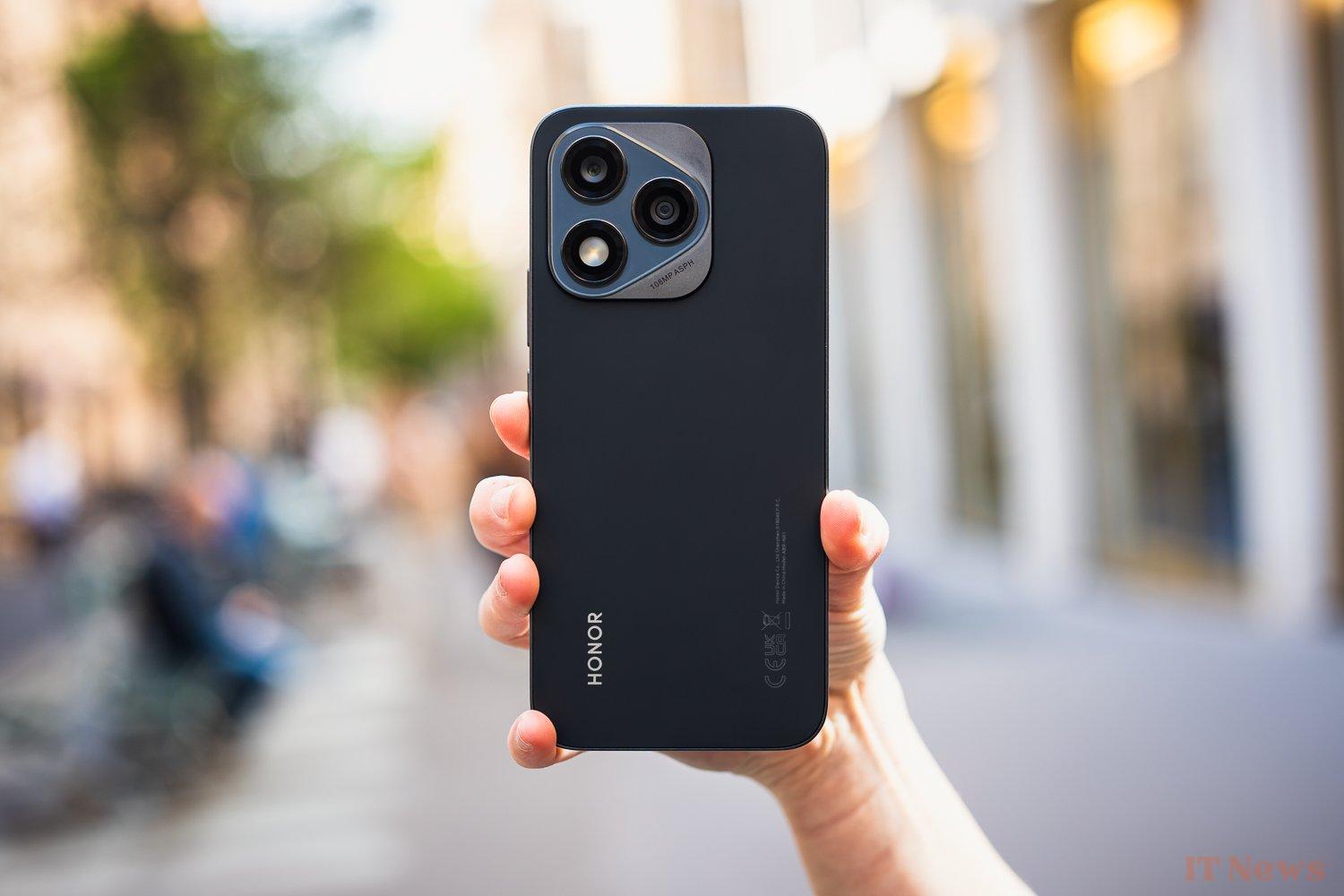
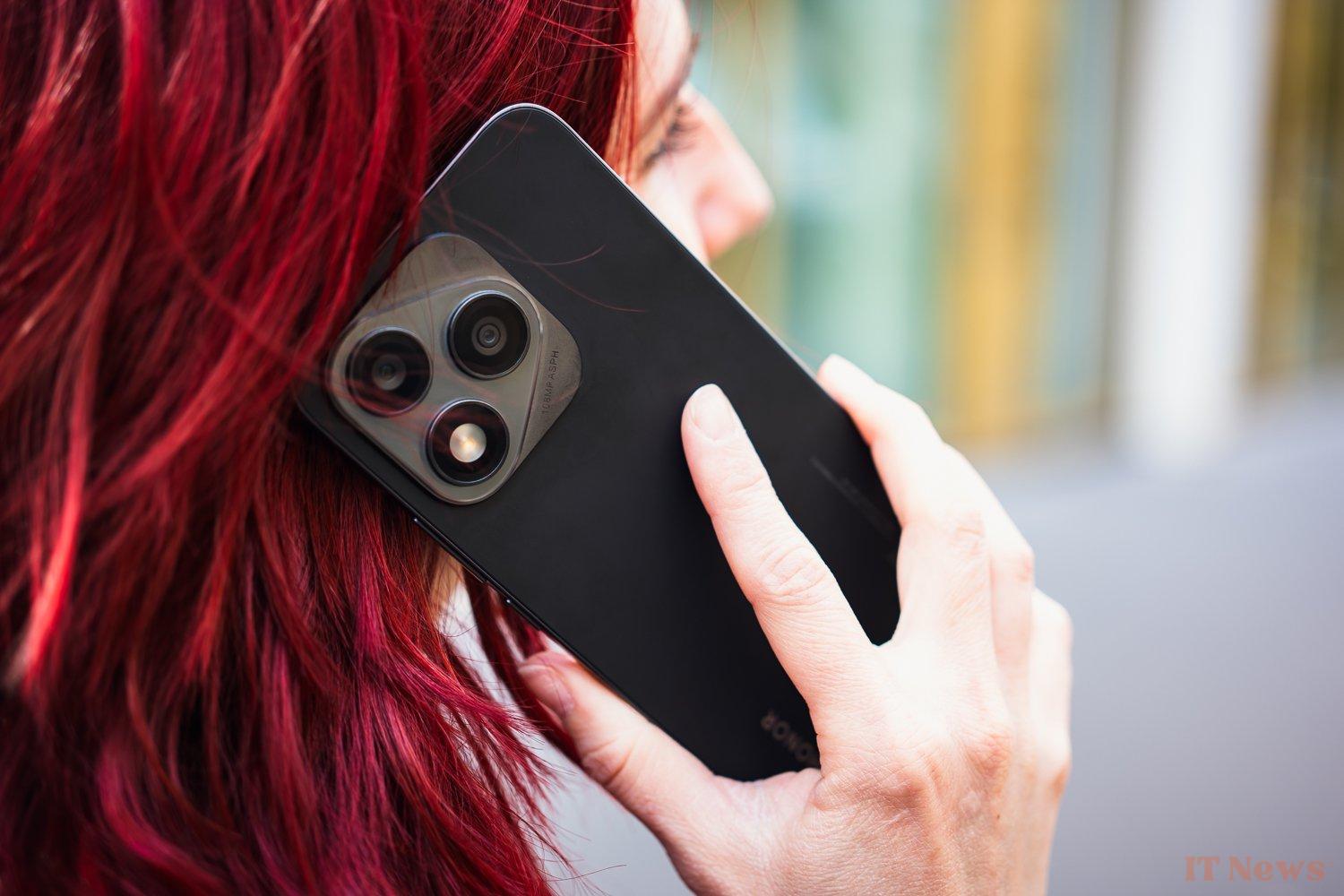
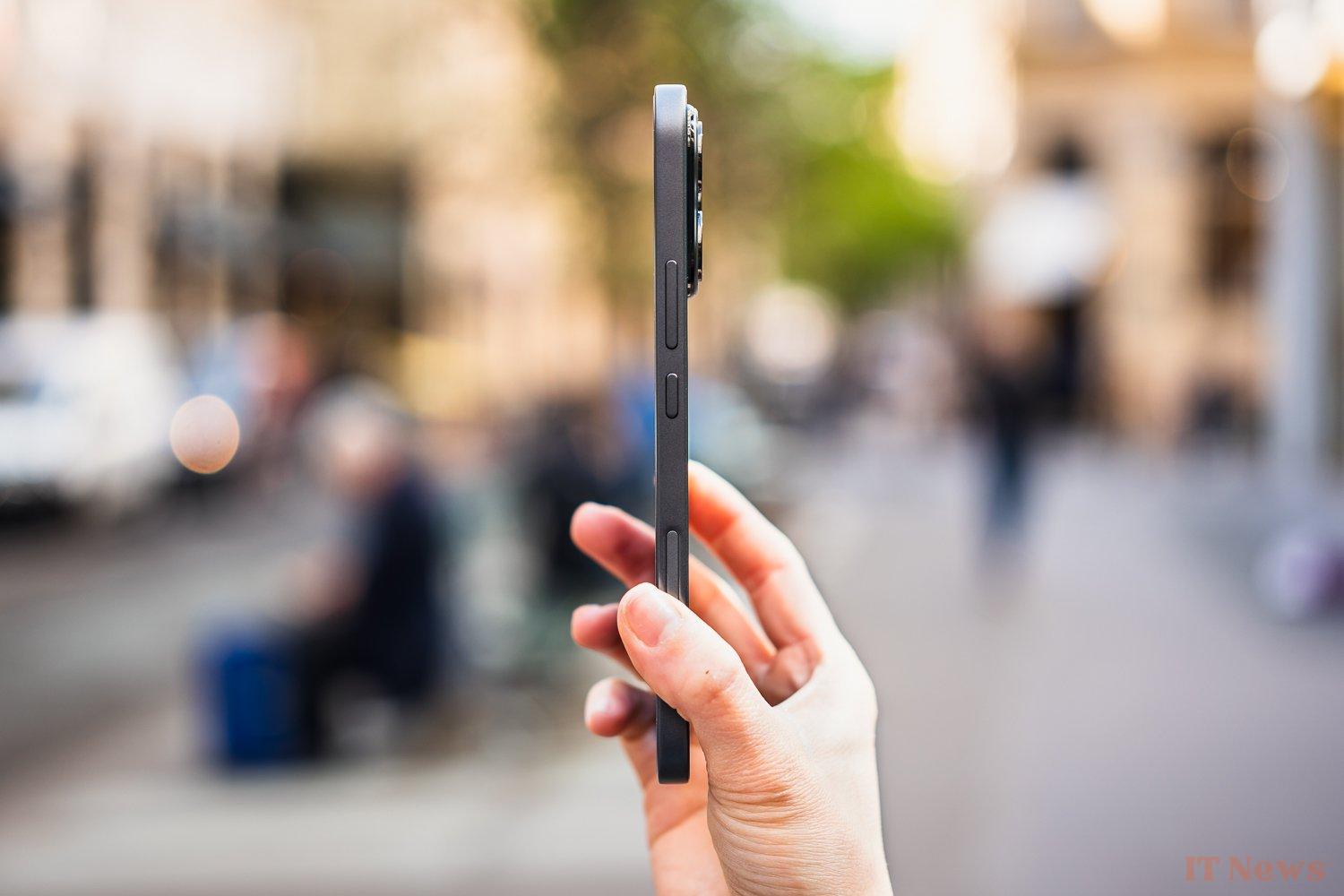
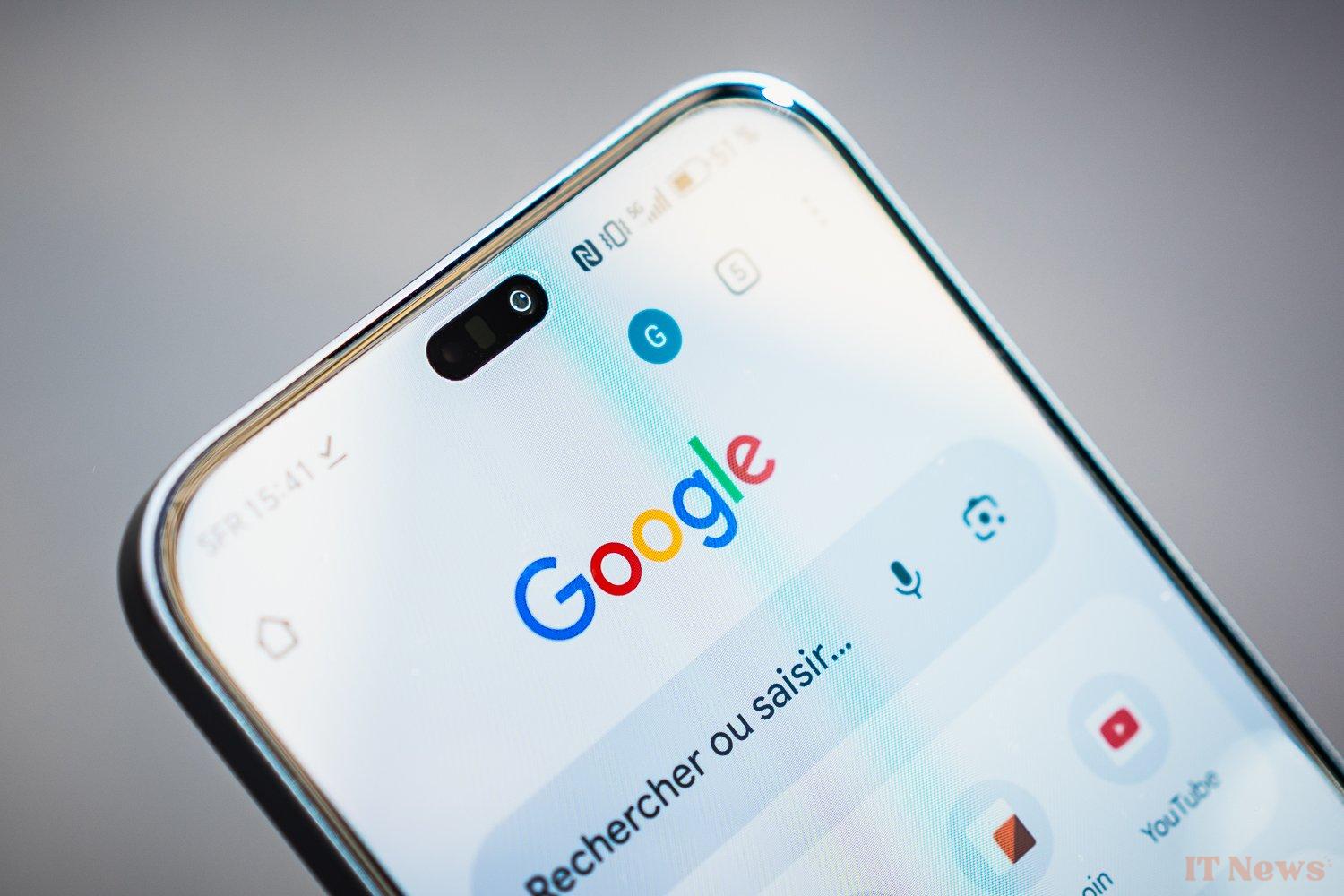
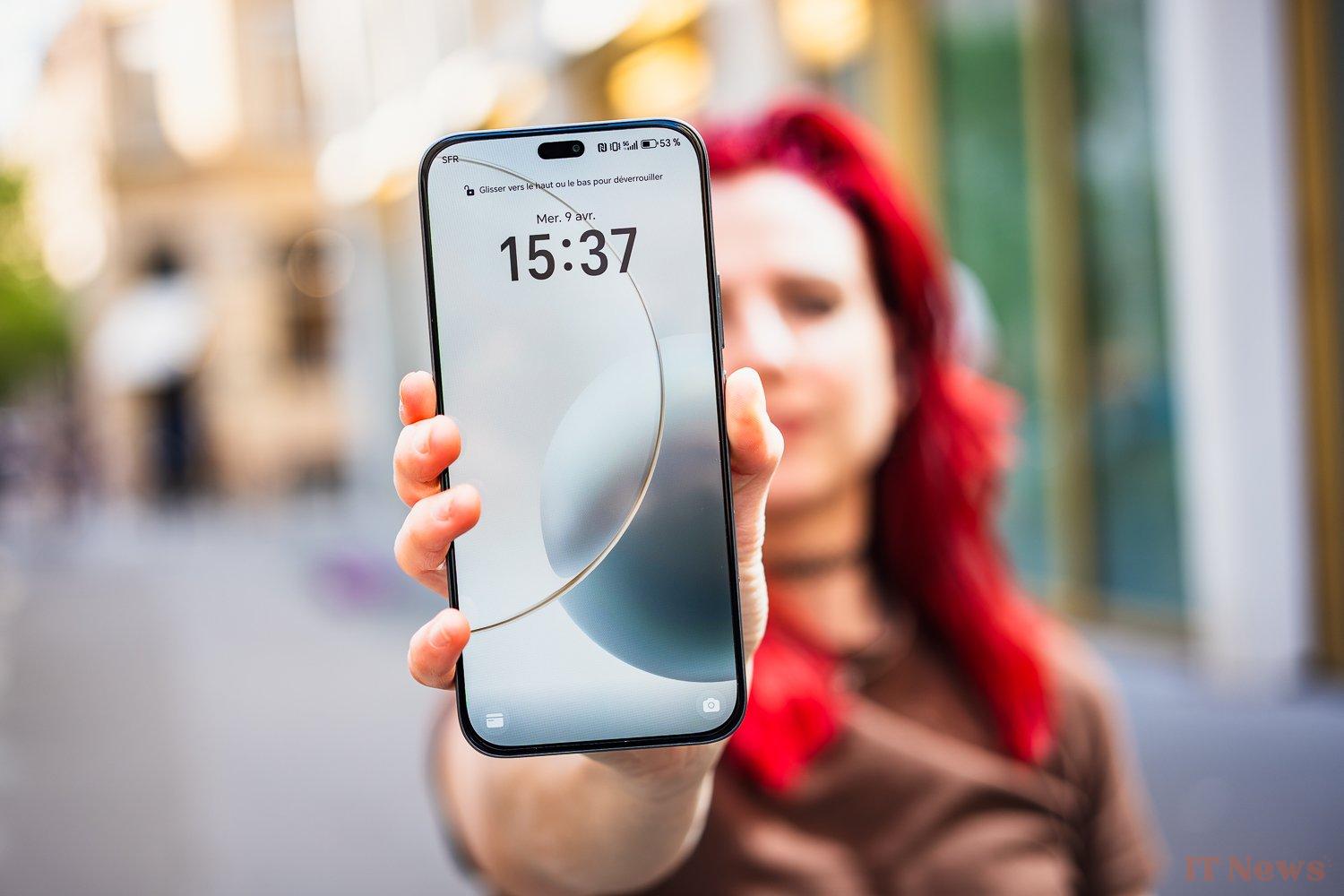
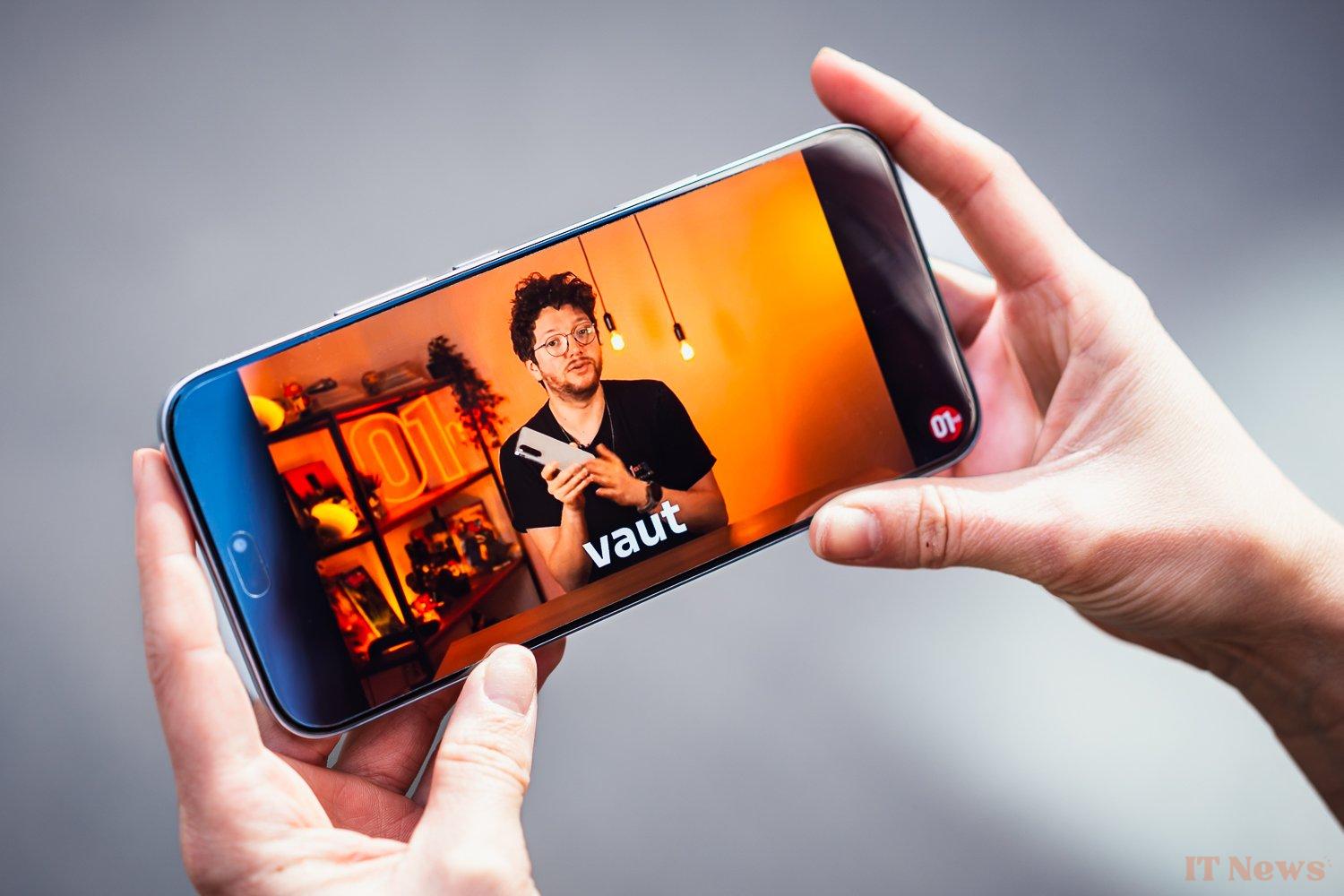
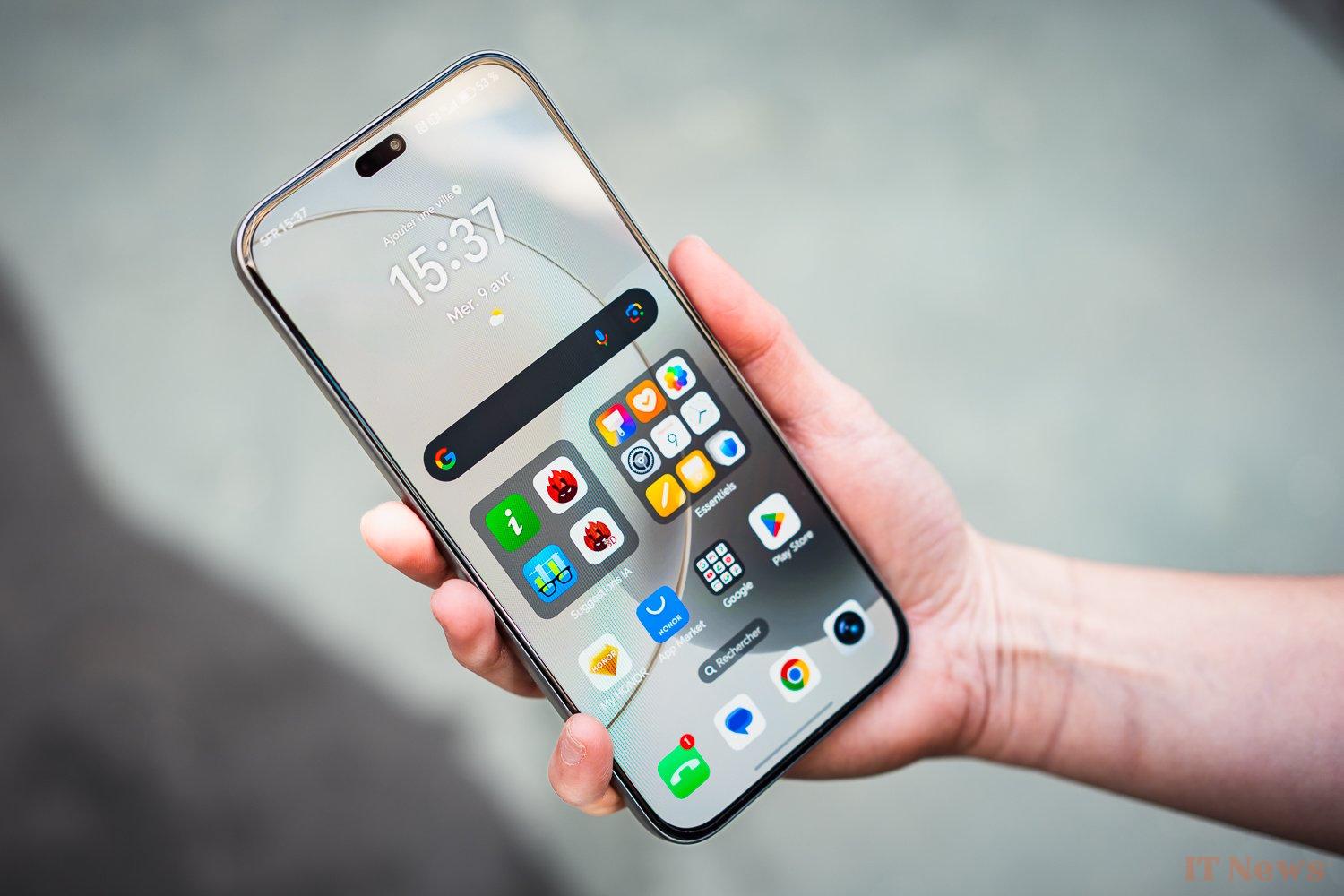
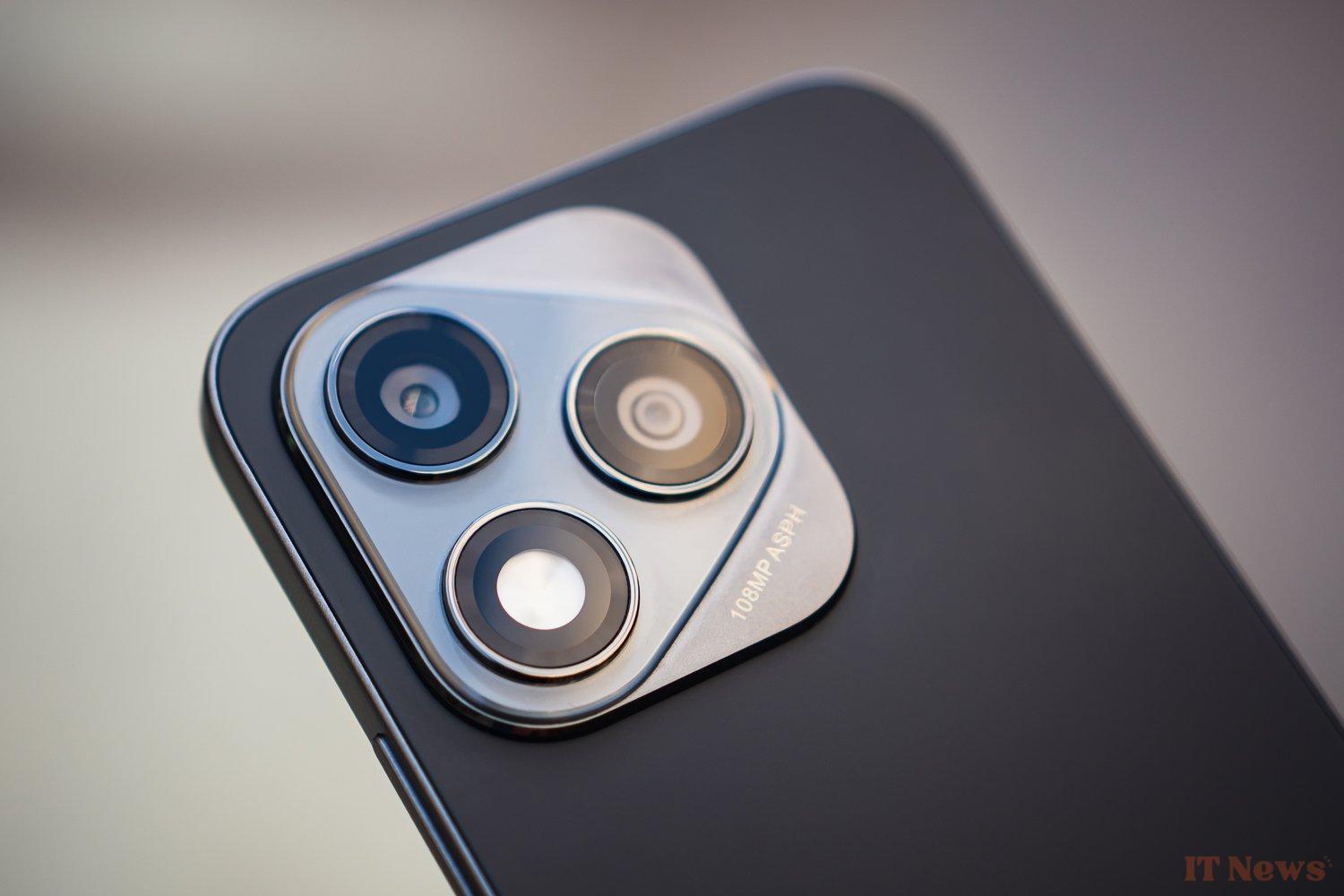




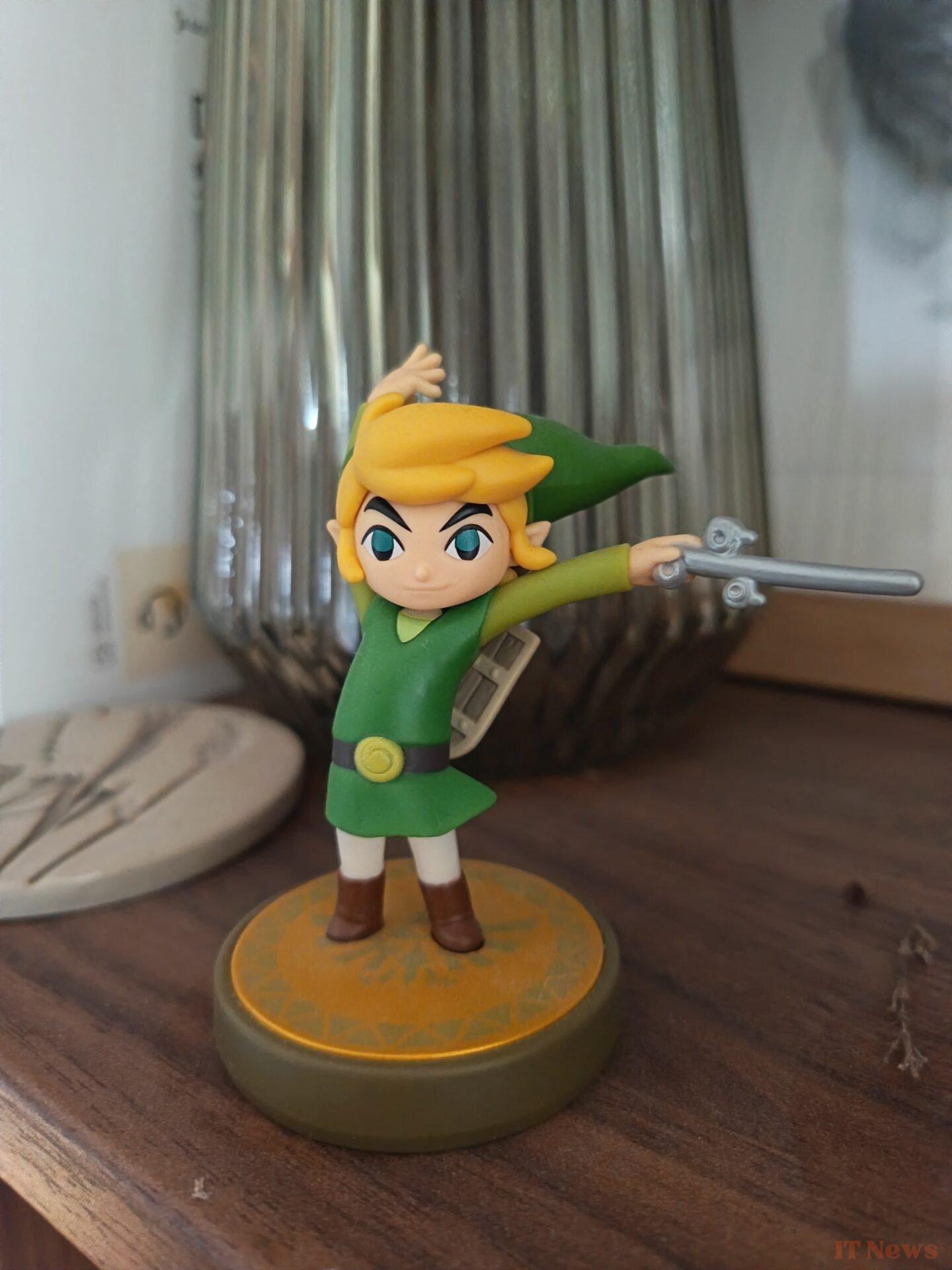





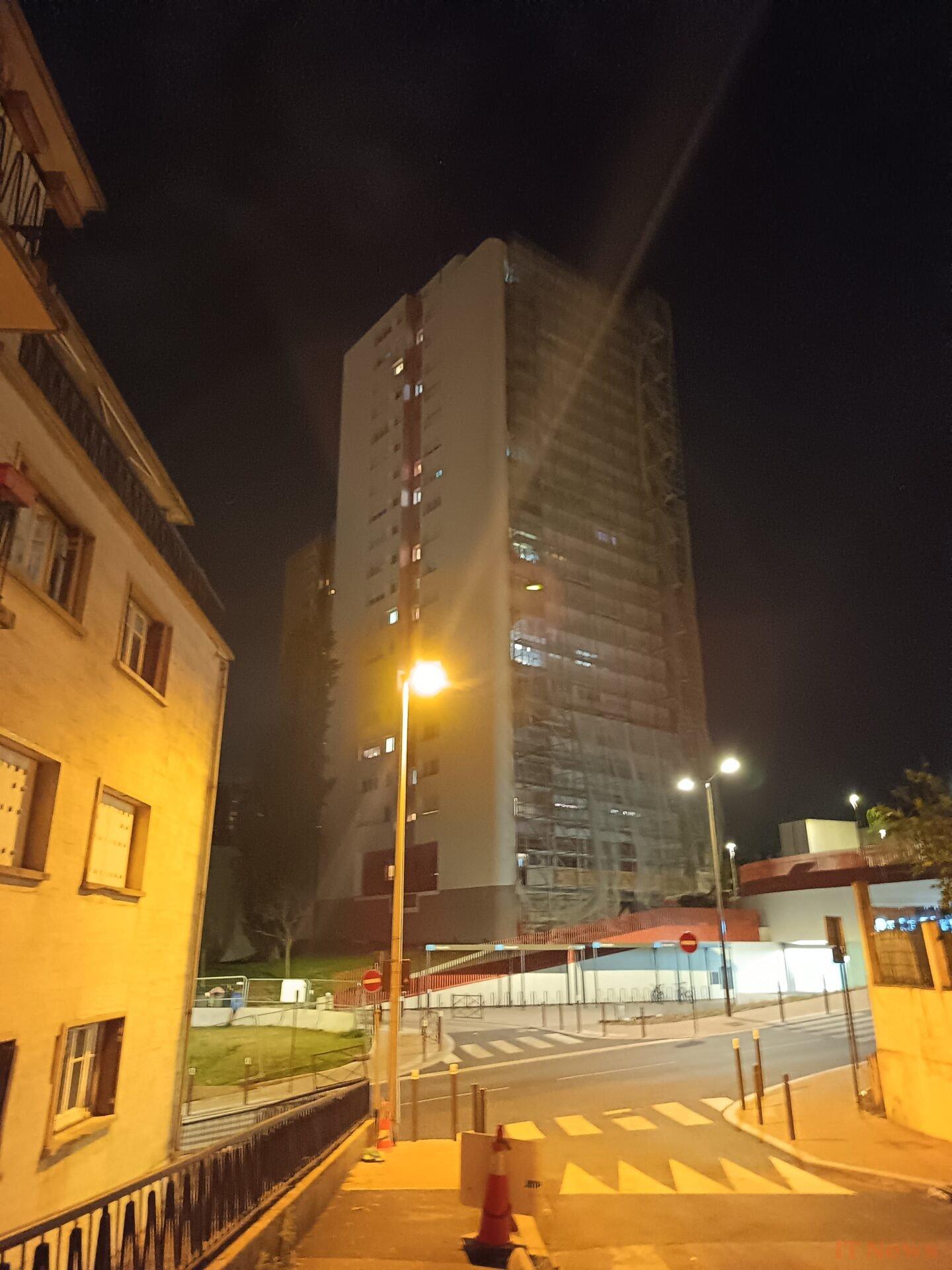
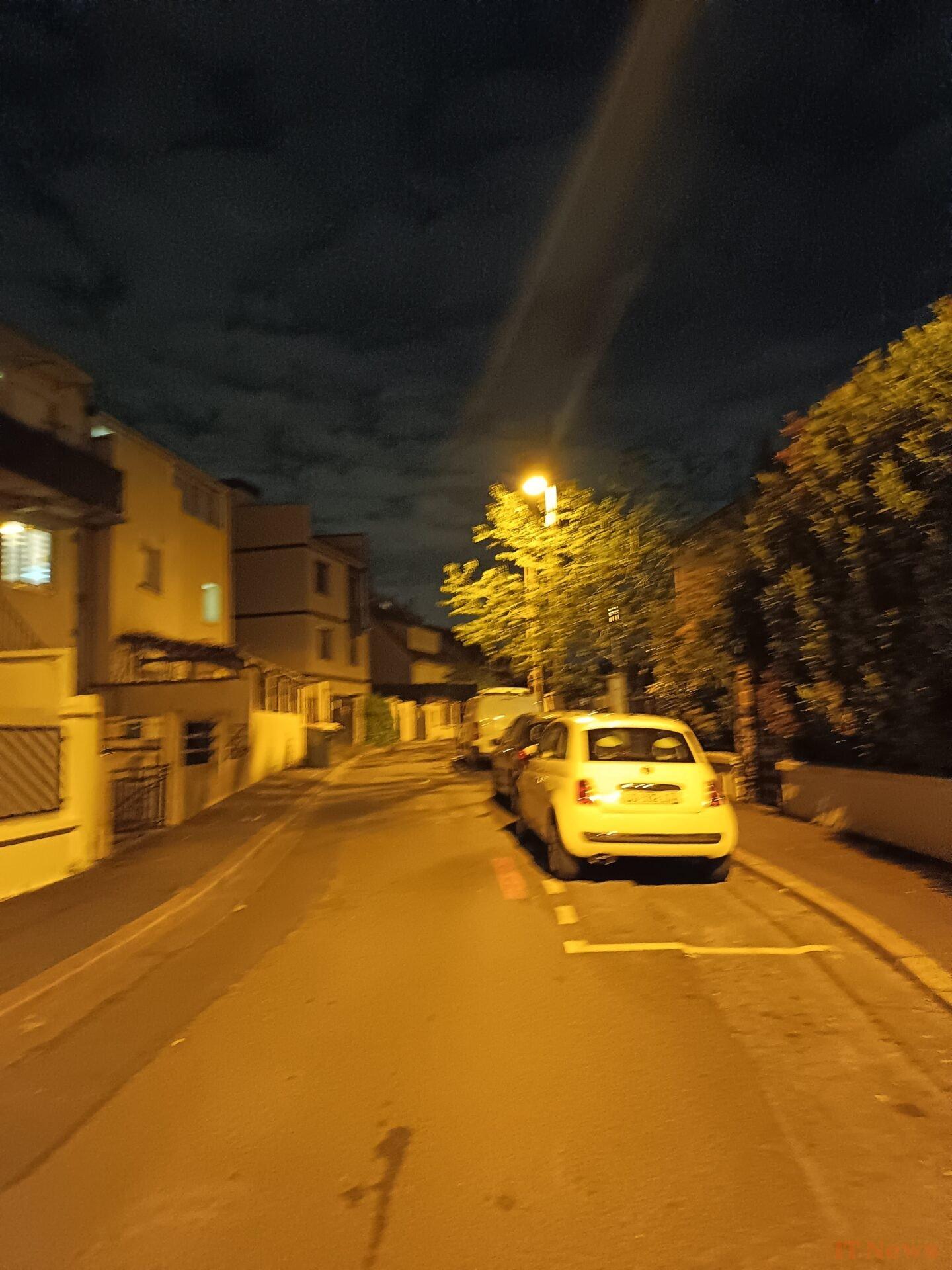




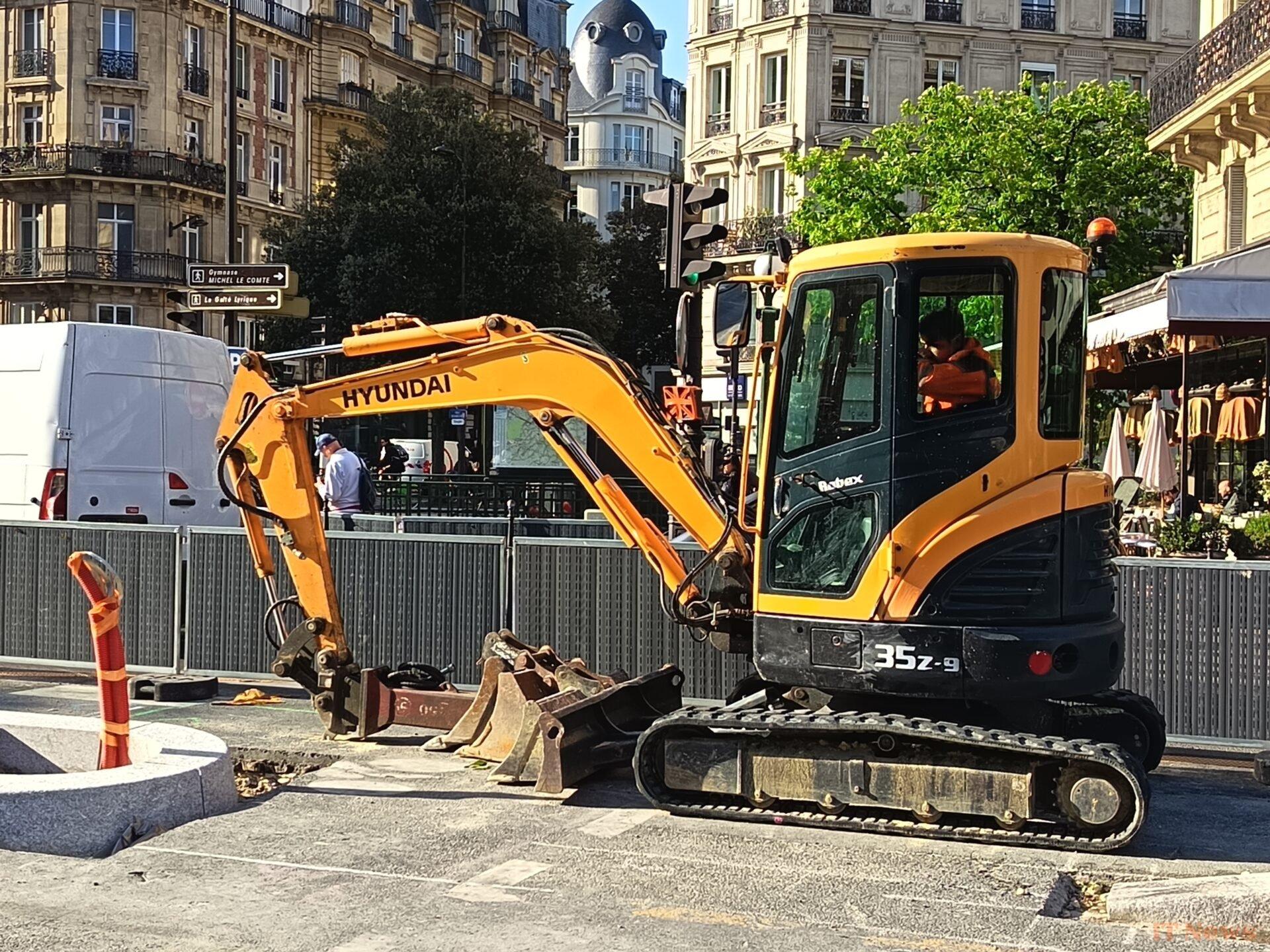






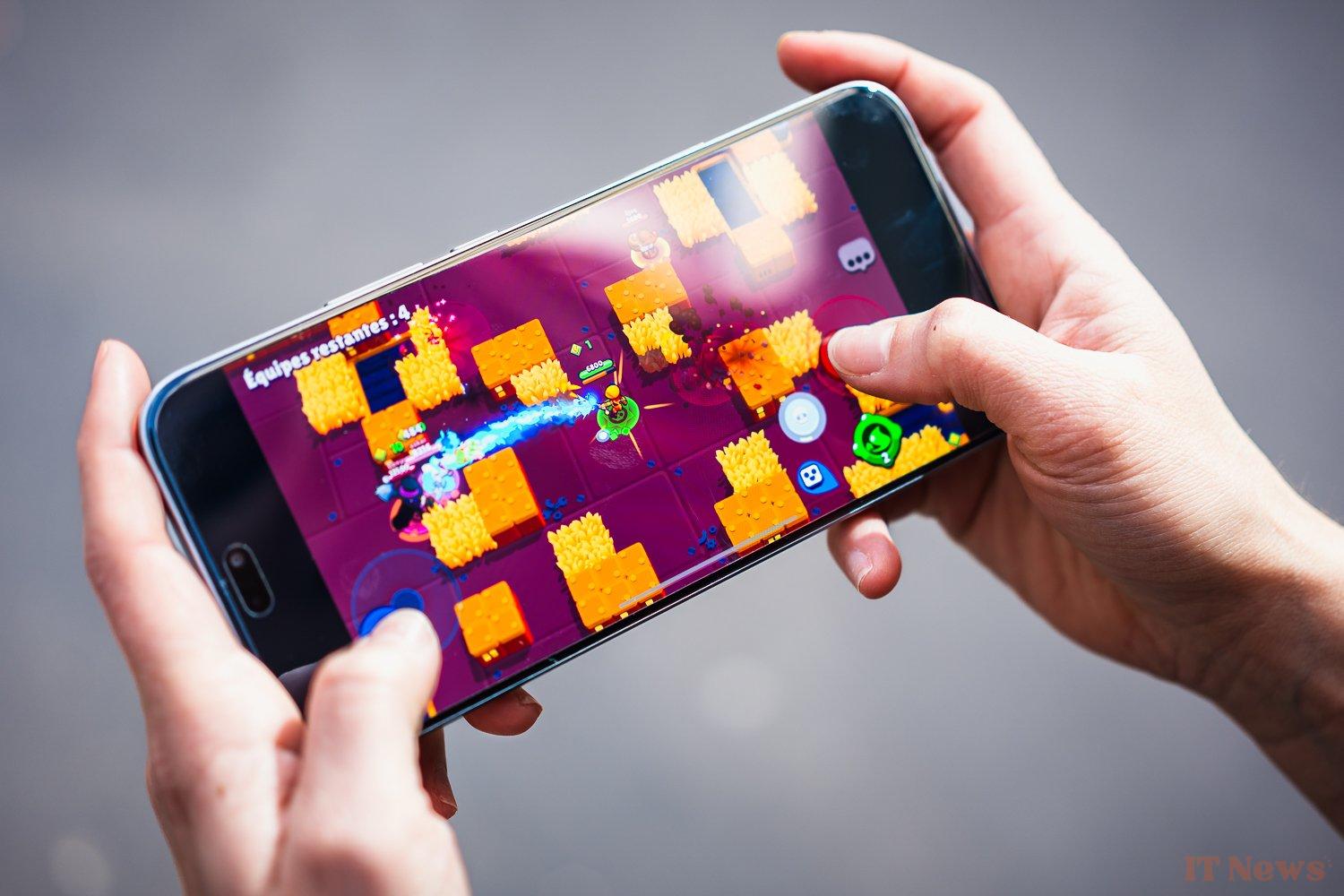
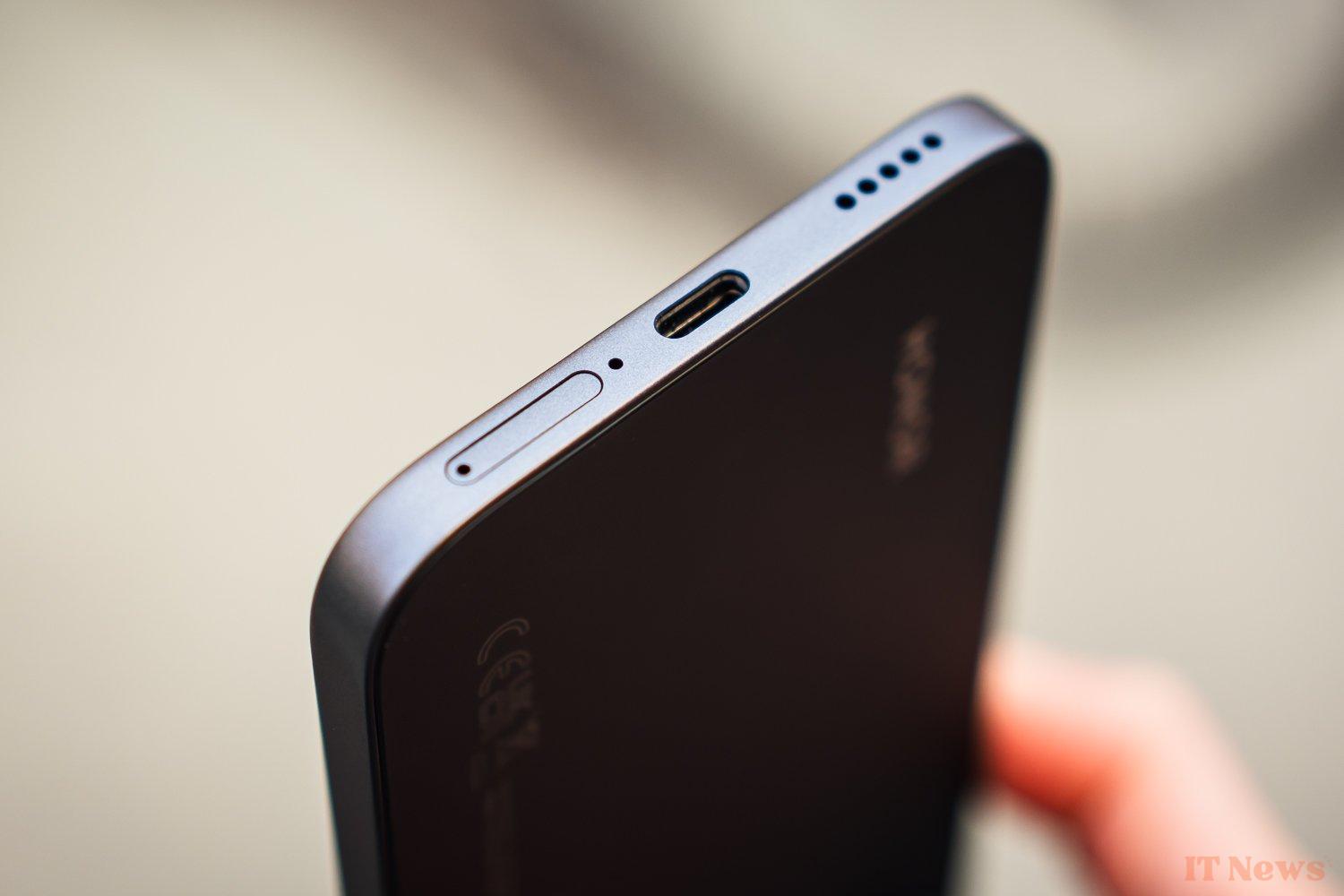

0 Comments